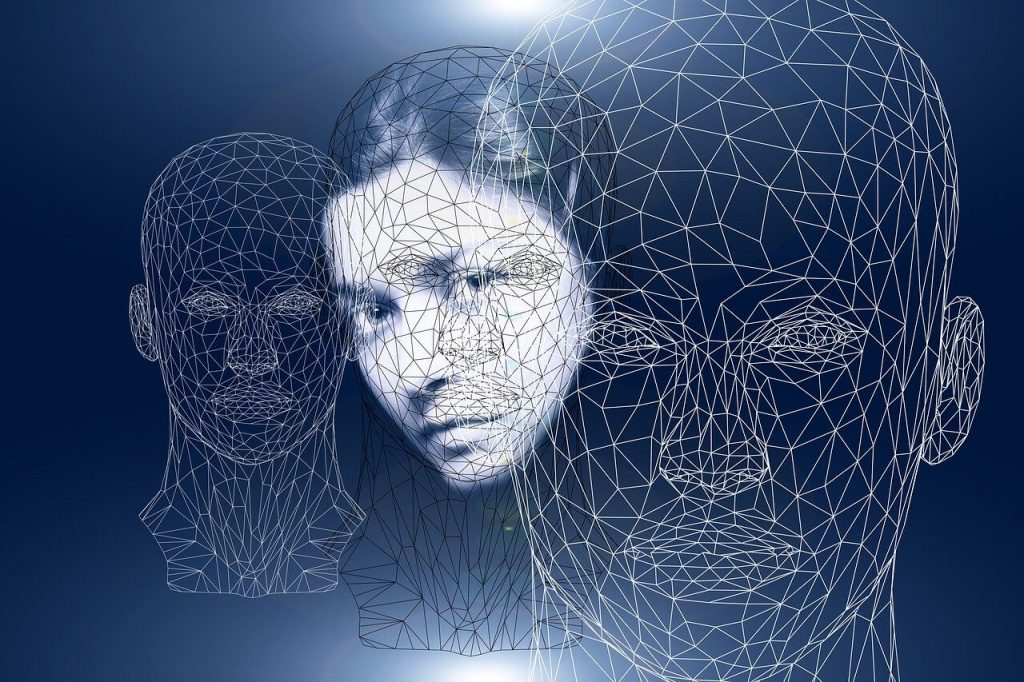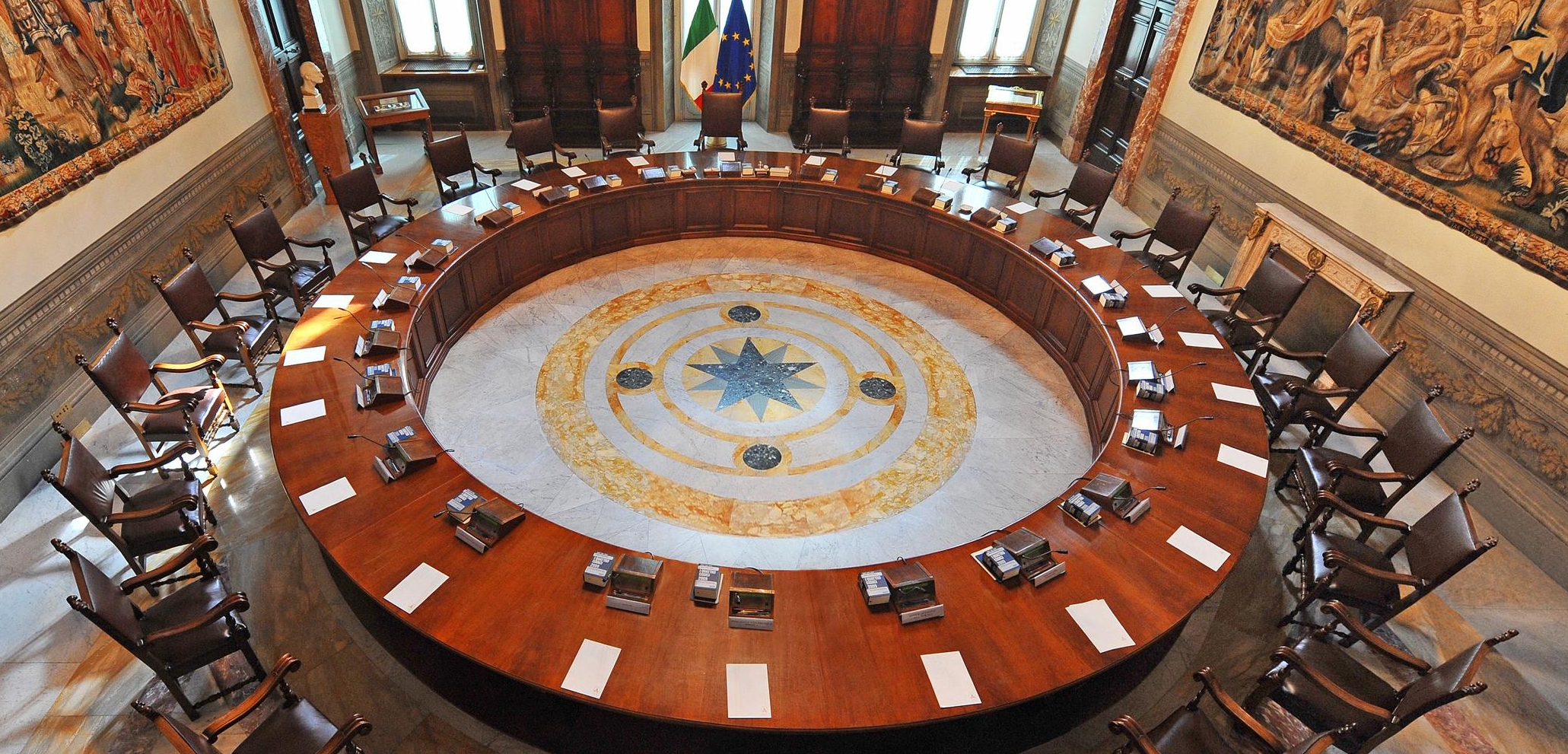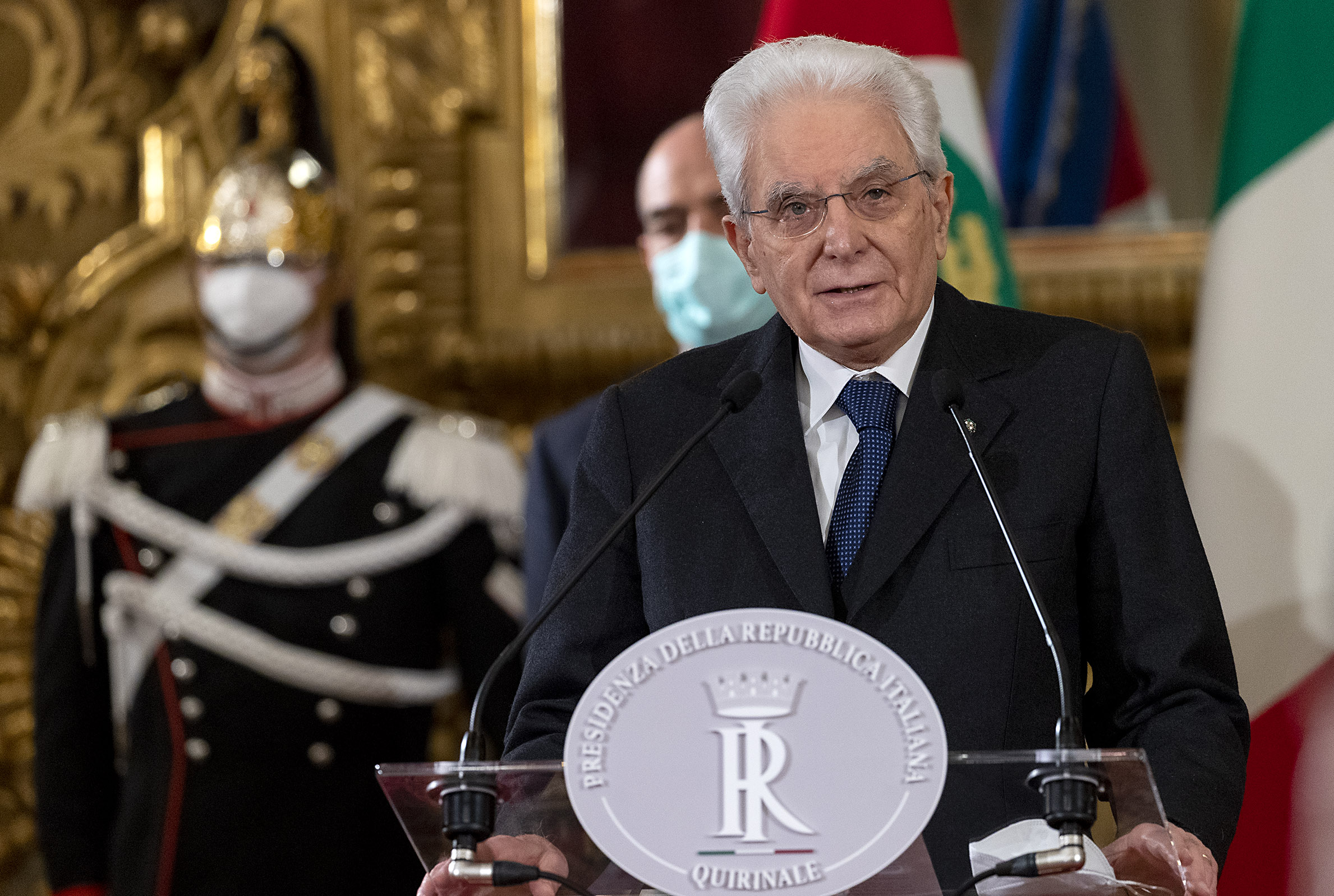These are hard times. Times of not properly identified fears, but above all of withdrawal from social life. Psychic inertia is the greatest danger, even more than that of physical death. But is possible to come back to life again, and we can do it at any moment. After all, “the real fear of being infected comes from the will to live”. We talk about it with the psychoanalyst Sarantis Thanopulos.
Covid-19: what it really is for our psyche
Dr. Sarantis, what is coronavirus for the individual’s mind? “On a conscious level it is a real danger to our physical health. As long as it persists, it has very important psychic consequences. It makes our representation of reality (internal and external) and of our relationship with the world uncertain, precarious. I think one of the greatest difficulties we have at the moment, trying to find a solution – starting with those who deal with the health crisis – is the lack of a global view. And it is due to technical difficulties but also to the anxiety and emotional pressure we are in”.
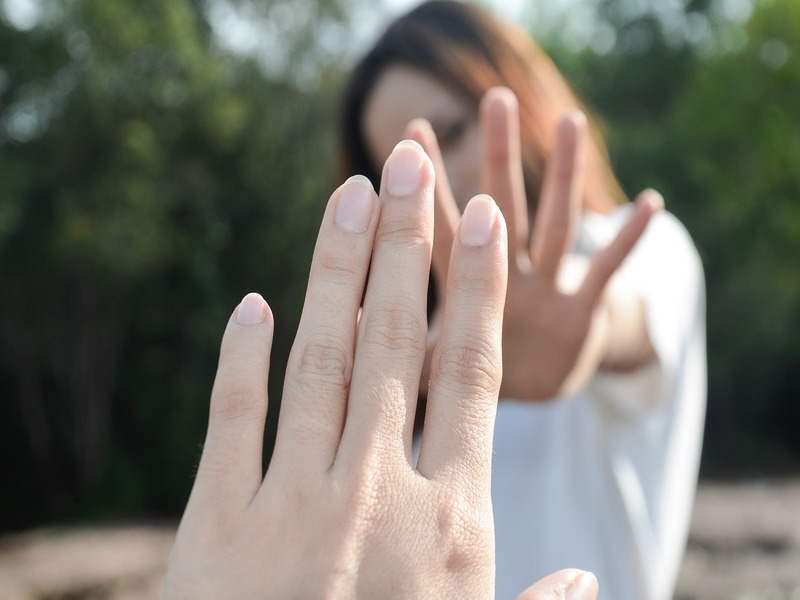
“For instance, it is not clear why swabs have not been made yet on a large and statistically valid sample of the population. It is difficult to have a clear idea on the spread and aggressiveness of the virus in their absence, and we remain prisoners of more devastating cases. Even the lethality rate could change significantly if we had a more precise idea of the number of people actually infected. Not necessarily serious cases. Even an adequate screening would require an organizational effort that, given the stakes, is more than economic and not prohibitive. I think we are witnessing a worrying disorientation on the management of the crisis entrusted to a necessary quarantine, but I fear it is approximate in its approach”.
Affective inertia and conscious fear that is part of love
“The conscious fear of the virus is healthy, it is part of the love of life and its beauty, with all the pain and unhappiness that there is in it” – continues Thanopulos. “However, like all conscious fears that have a recognizable object and a real foundation, it reactivates unconscious fears. They are rooted in our childhood and they can take over if unresolved. The fear of contagion recalls the fear of erotic, affective and emotional involvement with someone else. The fear (sometimes terror) of being involved, linked to the wounds that our passions have caused to others (or we thought they caused) or to the injuries we have suffered, in the early stages of our life. It must be said that the unconscious symbolic link between contagion and involvement present in the internal world is widespread in our xenophobic society, which fears migration as if they were infections”.
Inertia is living in a permanent present
“The isolated individual lives in a permanent present, he forgot yesterday and does not worry about tomorrow.” “Let’s think about what happens with the campaign in defense of the quarantine. About all the importance that is given to remote communication which is not presented as a temporary necessity, but as a normality. So, not as a substitute, but as an equivalent of the close communication, of live contact. All this is justified by the fact that in our lives more and more virtual relationships have become antagonists of reality. We increasingly live isolated from each other, without realizing it, we live in the global network of the great spaces and large numbers. Without the necessary mediation of small meeting spaces, which I like to call “conversation spaces”. The places that make our personal contacts suitable for the mutual fertilization of feelings and thoughts.”
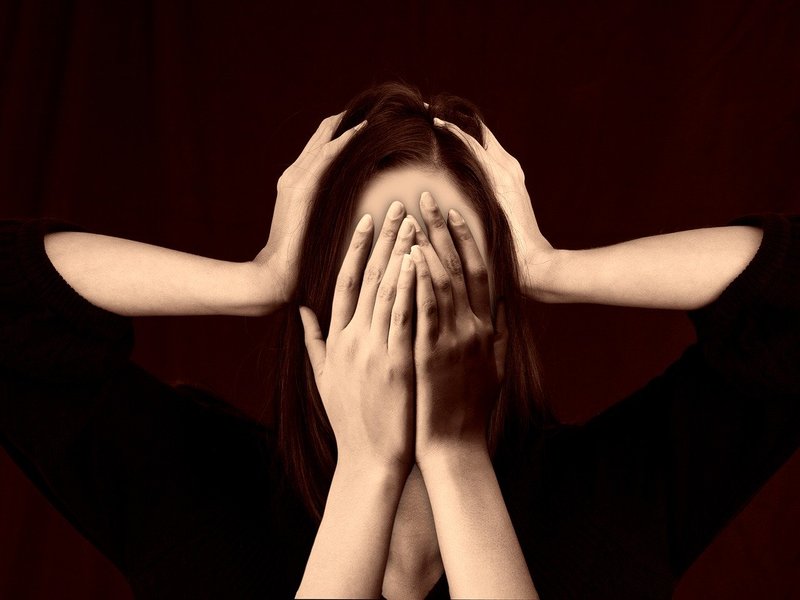
“Si può parlare di moltitudine di monadi non comunicanti in cui la solitudine diventa desolazione. L’effetto depressivo generato da questa situazione, scoraggiando la sedimentazione delle emozioni e delle idee, porta a comportamenti antidepressivi. Conduce a reazioni impulsive che cercano la scarica delle proprie emozioni o l’eccitazione. Spinge a dirsi presenti nelle piattaforme impersonali della comunicazione con la prima emozione o la prima idea che viene in mente. Seleziona dentro di noi reazioni elementari, omologanti che vivono nel qui e ora dell’impulso da cui sono nate. Il passato (la sedimentazione dello sguardo di prima che dà senso e profondità all’esperienza vissuta) e il futuro (guardare alla vita con la meraviglia, intuitiva e inquieta, di cui è capace uno sguardo “vissuto” quando è in grado di guardare le cose come se le vedesse per la prima volta) sono tagliati fuori“.
“We can speak of multitudes of non-communicating monads in which loneliness becomes desolation. The depressive effect generated by this situation, discouraging the sedimentation of emotions and ideas, leads to antidepressant behaviors. It leads to impulsive reactions that seek the discharge of their own emotions or excitement. It pushes to be present in the impersonal platforms of communication with the first emotion or the first idea that comes to mind. It selects within us elementary, homologating reactions that live in the here and now of the impulse from which they were born. The past (the sedimentation of the former gaze that gives the lived experience meaning and depth) and the future (looking at life with intuitive and restless wonder, as only a “lived” look can do, above all when it can look at things as if it sees them for the first time) are cut off.”
The psychic quarantine that is not mentioned
“There is a creeping, silent, contagious psychic quarantine, a fear of true contact with others, of deep exchange with them” – explains Thanopulos. “It is covered by various ideological justifications or has simply become a habit, a living in distraction towards us and life. Today this quarantine receives a great reinforcement from the physical quarantine and an important legitimacy. I was struck by the repeated call of the government to temporarily abandon our habits. As if real living, real contact between people and their feelings, meeting, holding hands, making love, traveling, were “habits”. And not indispensable manifestations of our life. Speaking of habits, we speak of behaviors. And since nothing is more manipulable than behaviors, we risk being trapped in the logic of an emergency: of the suspension of true relationships “.
Inertia, withdrawal from life and how to return to life
When you withdraw from social life, how can you come back to life? “The real psychic ‘virus’ is the defense against the involvement that invades our internal world. Thus preventing the movement of desires, feelings and thoughts by spreading inertia. So the real enemy is inertia, the psychic contraction created by avoiding meaningful, not superficial relationships. Inertia can cause identification with death in the most vulnerable and deprived people (with devastating effects of destruction of oneself and others). But in the vast majority of us it has a compressing effect that creates a sense of death and anguish but the life that remains within us rebels against it”.

“If rebellion manages to take the right path, transforming this emptiness into a sense of loss, of lack, on the one hand we rediscover the value of what we have neglected and, on the other, we try to find it again. We go back to life. But this requires the reconstruction of the spaces of conviviality, without which the sense of lack finds no side “.
The deep relationship with the world
What does it mean that ”a deep social crisis and an equally deep degradation of our relationship with the world have created a strong sense of psychic destabilization”? “A psychically healthy life requires first of all the possibility to settle down and process our emotions and our thoughts. To let them go in depth to acquire fruitfulness and foresight. This implies a constant mourning of our certainties, abandoning the pretense that everything unfolds according to our expectations. The difference between us and reality, between us and the others, is the source of our creativity. This requires constant repositioning that allows us to transform and renew our understanding with life. Without transformation we die”.

“It is clear that if our living conditions become too unpredictable, and our space of movement narrows, every transformation becomes a danger. And we live in a state of psychic destabilization experienced as unmanageable, we feel powerless. We must remember that we give erroneously for granted that the human being is primarily interested in his physical survival. In reality, his primary concern is psychic survival, the possibility of giving meaning to his existence. When he does not succeed, he resorts to completely unreasonable representations that give a temporary escape from what is happening to him, even if it kills him. The problem I would like to ask is this. What is the demarcation between the battle against a real danger that comes from our will to live and the defense from our sense of helplessness?”.
Coronavirus is our real fear
Ultimately, about “Coronavirus” … What is our real fear? “There is the real fear that comes from the will to live (so we all have to be in solidarity). And the equally real fear that comes from being in a world that has dangerously lost an important part of the sense of reality. And which therefore leads us to live not to enjoy life, but to live in order not to die. The first is impending and all in all, it will lead to painful losses, but we will be able to contain it. The second is more important because it warns us that our future is at stake”.
#Italyintheheart

